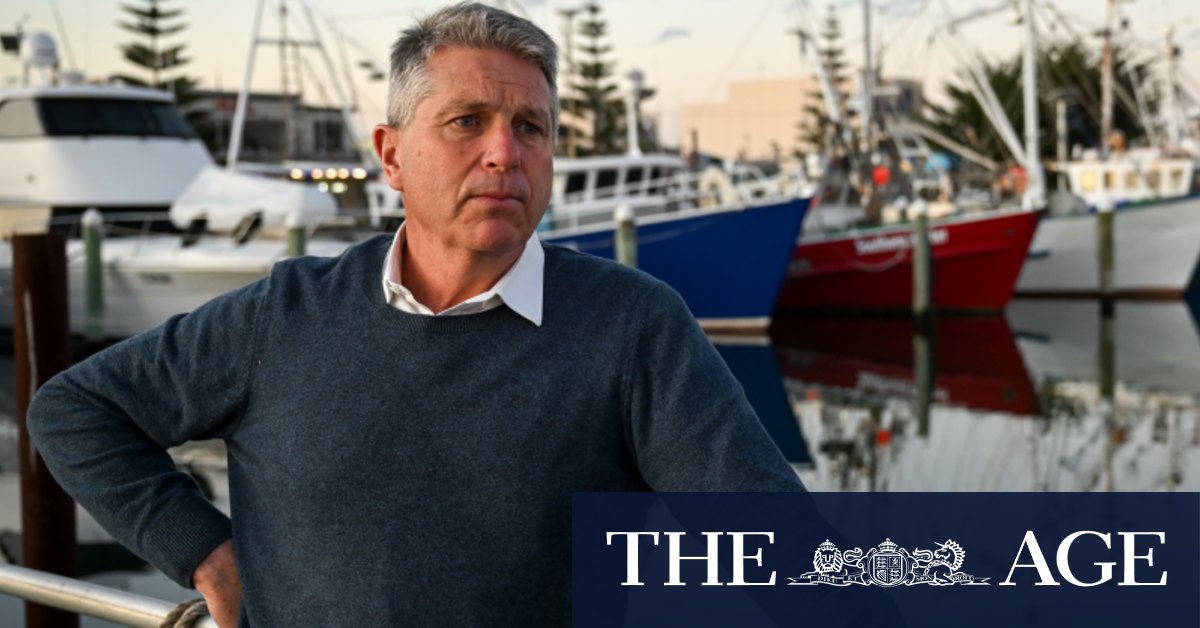Reeves said even if the letters prompted just 30 people to rent their houses long-term, it would be worthwhile.
He said the council had no power to compel property owners, but he hoped the letters, to go out in the coming weeks, would appeal to their sense of community obligation.
The problem is particularly severe on the Bass Coast, which includes Phillip Island, with more than 10,000 properties vacant on census night, accounting for just over 39 per cent of the total.
Bass Coast Shire chief executive Ali Wastie said there was plenty of housing in the municipality, but many people either leased houses on short-stay sites or left them completely vacant.
She also hoped the letters would encourage non-resident property owners in the shire to act in the interests of the local community.
“They may not be aware that businesses can’t get staff because there’s no housing for them to live in,” she said.
Bass Coast ratepayers are expected to receive the letters next week. The letters will ask property owners to put their homes on the rental market for 12 to 24 months.
“There are many reasons houses remain unoccupied, including a switch from permanent rental to short-term rentals, but this potential under-utilisation presents a housing opportunity,” the letter says. “Our communities will not thrive unless they can sustain a permanent population.”
Gippsland Lakes Complete Health chief executive Anne-Maree Kaser moved to Lakes Entrance last year and struggled to find a rental property.
“Here I am a professional woman, good income, great history,” she says. “I couldn’t even get a look-in.”
After three months, she found a house to rent through a colleague, but that agreement ends in December and Kaser dreads having to find another place to live.

Anne-Maree Kaser struggled to find a rental property when she moved to Lakes Entrance despite earning a good income.Credit:Paul Jeffers
In Lakes Entrance and surrounding areas, almost 24 per cent of private dwellings were unoccupied on census night, equating to almost 1450 properties.
Kaser said her service desperately needed more allied health professionals and general practitioners. But several times, she said, great candidates were unable to take the jobs because they could not find anywhere to live.
She said other regional health services were reporting similar problems.
Many businesses along the main drag of Lakes Entrance are short-staffed and some have notices plastered in their windows seeking workers.
Matt O’Donnell, who owns the café, convention center and catering business Albert & Co, said he was about 15 workers short.

Matt O’Donnell has had to restrict operating hours because his hospitality business is short-staffed. Credit:eddie jim
O’Donnell has slashed operating hours due to staff shortages. He has advertised for staff in Melbourne and interstate – and even considered finding accommodation for workers himself.
“But there’s nowhere around here we could do that,” he said.
Local hairdressing salon manager Jacqui McInnes said she could easily hire another two hairdressers but could not find workers.
“I don’t know why,” she said.
McInnes said the town remained popular with tourists, but businesses could not meet the demand.

Lakes Entrance hair salon manager Jacqui McInnes said she could easily hire another two workers. Credit:eddie jim
“At Christmas when the town’s full, these businesses are closing at 7 o’clock at night.”
Tourism industry groups have asked the state government to follow the lead of other states and cap the number of days owners can lease their properties on short-stay sites, in an effort to encourage more long-term rentals.
The state government confirmed it would review short-stay accommodation laws and investigate whether the regulations needed further amendments.
Elders Lakes Main Entrance Rachael Newman said her real estate agency received at least two “walk-ins” every day, in addition to phone calls with people seeking rental properties.
Newman said houses that did become available were snapped up quickly and rent typically started at $380 a week.
The latest Domain data revealed rents have soared by up to 20 per cent in some regional towns over the past year.
And census figures showed that 36.2 per cent of renters in Lakes Entrance were making rental payments greater than 30 per cent of their household income, putting them in rental stress.
Newman has worked in local real estate for nine years and said the relatively affordable rental market had vanished as “desperate” buyers pounced on properties during the depths of lockdown.

Business operators and real estate agents say they have never seen the rental market so tight in Lakes Entrance. Credit:eddie jim
“Now we’re seeing people who purchased holiday homes less than 12 months later not using them,” she said. “A lot of them are sitting vacant.”
This week, Airbnb country manager for Australia and New Zealand Susan Wheeldon said the company wanted to grow the “tourism pie” for everyone by making travel more accessible, arguing additional tourists meant more money for businesses that would help them hire local workers.
“Short-term rentals also provide a way for everyday people to stay afloat and combat rising costs of living and growing mortgage repayments,” she said.
The Surf Coast Shire has asked the state government to introduce a statewide scheme to provide incentives for second property and holiday home owners to rent their houses to long-term tenants.
The Morning Edition newsletter is our guide to the day’s most important and interesting stories, analysis and insights. Sign up here.
